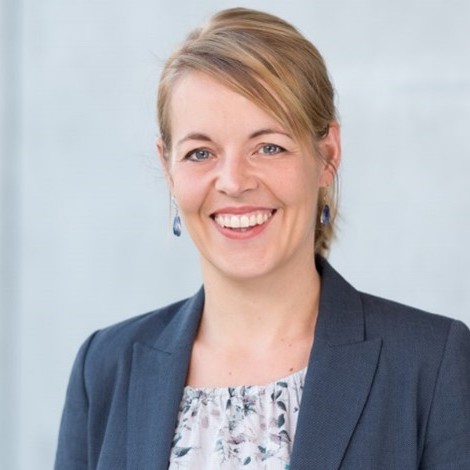
Public Domain via pxhere
A Limping Coalition of the Willing?
Transatlantic Cooperation on Climate and Trade
Speaker:
Charlotte Unger, DAAD/AGI Research Fellow
Moderator:
Peter Rashish, Vice President; Director of the Geoeconomics Program at AGI
In a world of multiple crises, climate policy is becoming increasingly linked with more traditional areas like trade and security. Yet many of the international rules covering these issues are not fit to manage this new reality. While accelerating climate change requires urgent action, multilateralism under the Paris Agreement is too slow to achieve its own targets. At the same time, diverging climate policy approaches (such as the U.S. IRA and EU CBAM) are causing tensions among partners in a political environment characterized by growth in decarbonization technologies and changing supply chains and markets.
In the past couple of years, the United States, the EU, and Germany have launched several initiatives to tackle this situation and could become first movers among a group of countries that want to take ambitious climate action. A key example is Global Arrangement on Sustainable Steel and Aluminum (GASSA) with common standards for carbon intensity and coordinated domestic measures such as tariffs and subsidies.
Charlotte Unger
Dr. Charlotte Unger is a Senior Research Associate at the Research Institute for Sustainability Helmholtz Centre Potsdam (RIFS). She holds a PhD in political sciences from the Technical University of Munich (TUM). Her work focuses on global climate governance, innovative climate alliances, carbon markets, and climate policy in Germany, the EU, and the United States. She also managed the scientific groundwork for the Berlin Climate Citizens Assembly and represents the RIFS in national and international climate fora, e.g., the United Nations Framework Convention on Climate Change (UNFCCC). Charlotte draws from many years of experience in the field of environmental policy, gained in civil society, governmental, and scientific institutions.
Her current research is motivated by the state of international climate politics: As countries’ national pledges are not ambitious enough to achieve the Paris Agreement’s climate goals, an increasing number of additional global climate initiatives, pledges, and clubs have emerged. These innovative initiatives are often transnational and usually focus on a specific sector (e.g., the Global Methane Pledge) or group of actors. Also, initiatives which originally were aimed at other issue areas, such as trade, economics, and security, are increasingly active in climate policy (e.g., G7). Dr. Unger researches these initiatives from a comparative, case studies perspective to discover their contributions to the global climate regime. Further, she is interested in what drives countries to launch and be active in these alliances, specifically the United States, EU, and Germany, but also countries from the Global South.
This event is supported by the DAAD with funds from the Federal Foreign Office.






